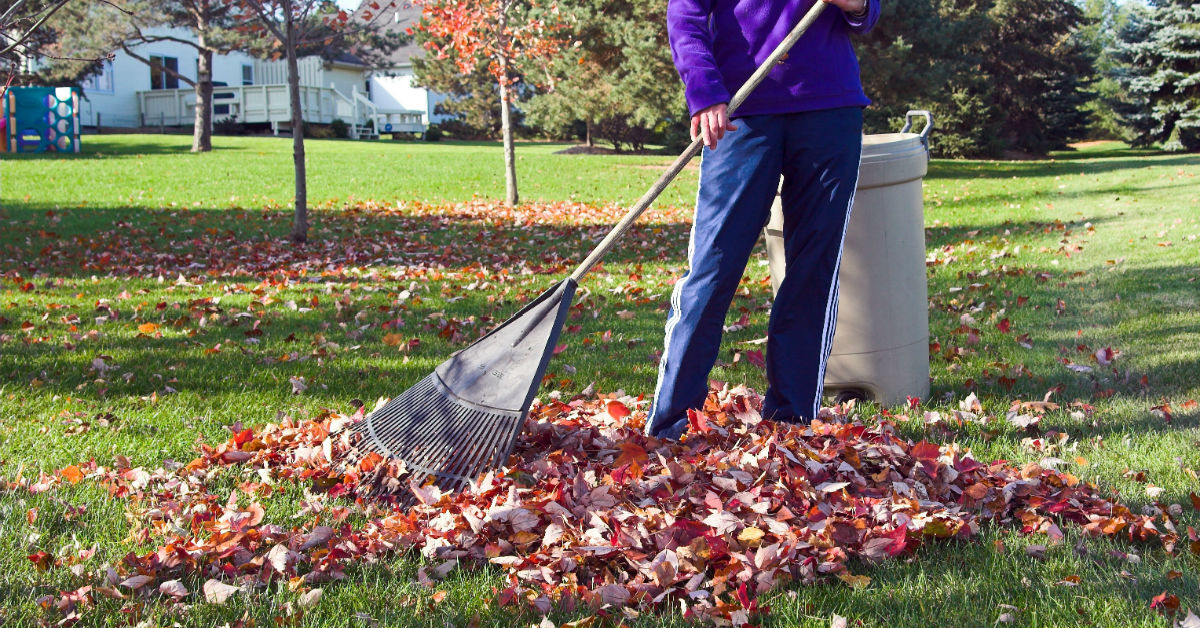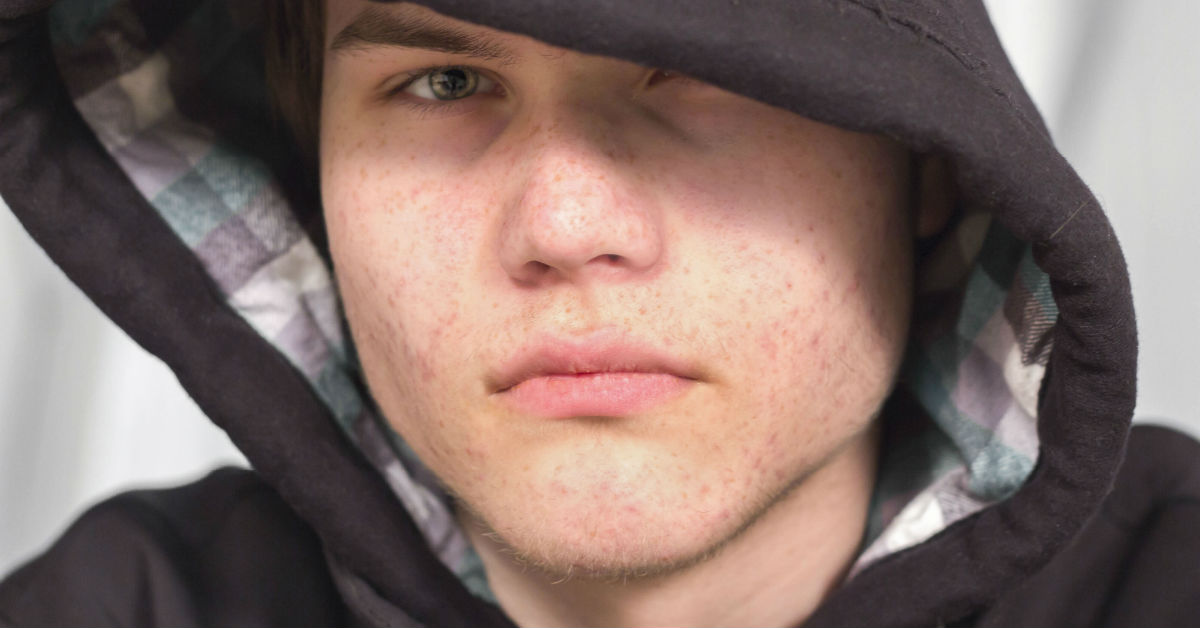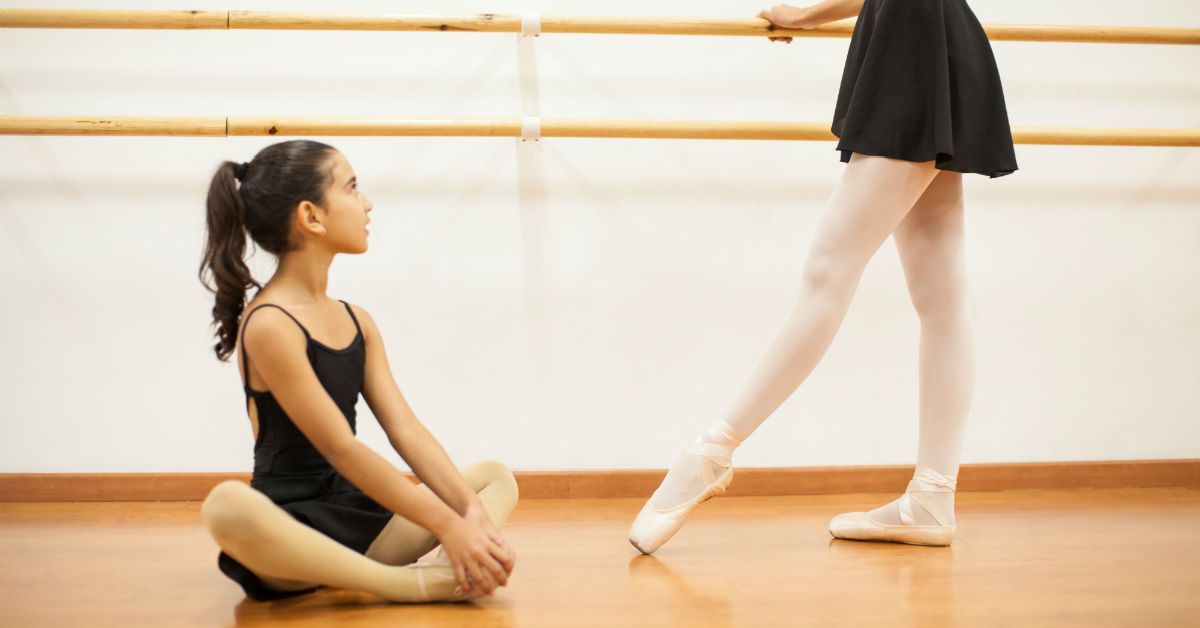Boarding schools often summon the image of a Mrs Trunchbull-esque figure, ruling with an iron fist over a cohort of rebellious children. Another typical idea of a boarding school conjures the image of well-to-do children reading poetry by a riverside in the English countryside.
Boarding schools are mired in such ideas but can often be where your child needs to thrive. With rigorous academic programs and holistic approaches to exercise, study, and artistic practice, boarding schools can provide a safe and structured place for your child to grow.
What is a Boarding School? What is the Role of Boarding Schools?
Boarding schools are residential schools where your child lives away from home. They combine academic study with physical exercise, the arts, music, and drama. These boarding schools can be mixed-gender or single-sex schools.
However, there are boarding schools tailored to children with underlying issues, who have behavioral problems, or who struggle with mental health needs. These are called therapeutic schools.
How Does a Therapeutic School Differ from a Traditional Boarding School?
Both boarding schools offer a structured environment for the children in their care, and both can be residential programs. They both use clear and consistent rules, with evident and fair expectations of how the child will behave throughout their time in the school. They both combine academic activity with physical and artistic exercises.
However, therapeutic schools include therapeutic interventions in their curriculums and are essential places for confident children to get proper care while continuing their academic performance. Such additional support makes therapeutic schools appropriate environments for children who may not get the support they need in traditional school settings. Combining one-on-one therapy time with support workers and group-based activities with other children helps build independence, a sense of community, and mutual support.
The Teenage Years
Whether therapeutic or traditional, boarding schools can provide the structure and routine many of our teenagers need. The teen years can be difficult, with societal pressures, bodily changes, and mood swings – all while studying for important exams.
It’s a tricky time. These factors can be made worse by the introduction of alcohol and the development of a sense of sexual self for teens. And, of course, being in a highly social and intense environment filled with other teenagers experiencing the same things as you can create opportunities to experiment with sexuality.
In boarding schools, teachers and support workers often fill the gap left by parents in term time, providing “sounding boards” for their cohort of children. It can be challenging for teachers to adequately attend to every child’s needs and individual queries. Still, the overall structure of a boarding school environment can often provide freedom for a teenager while remaining in a controlled environment.
Freedom and Security in the Boarding School Environment
Teenagers want freedom. They want security, too – they are, after all, still children. Yet it is this desire to rebel and free themselves from the constraints of being “a child” that often drives teenagers into alcohol-fueled parties, relationships, and other harmful behaviors.
In a boarding school environment, they are away from the family home and with teachers but with other teenagers. Crucially, boarding schools give teenagers a sense of independence while remaining on a physical site during term time while navigating established routines and academic expectations. This balance of “freedom” and structure can help nurture a child’s sense of independence while keeping them on the straight and narrow.
For sexual education, for example, boarding schools have comprehensive guidelines for delivering in-depth lessons on this topic. As the students’ primary caregiver during term time, it is imperative that these lessons are thorough.
This, combined with the above background, creates an environment where children are educated about sensitive topics and can experiment in a controlled environment where they are safe and cared for.
Here is a comprehensive list of schools in your state. Call Help Your Teen Now if you have a troubled teen who needs to be placed in residential treatment, boarding school, or teen military camp. Our experts specialize in helping troubled teens get on the right path in life, and provide help to caregivers of troubled teens.











0 Comments